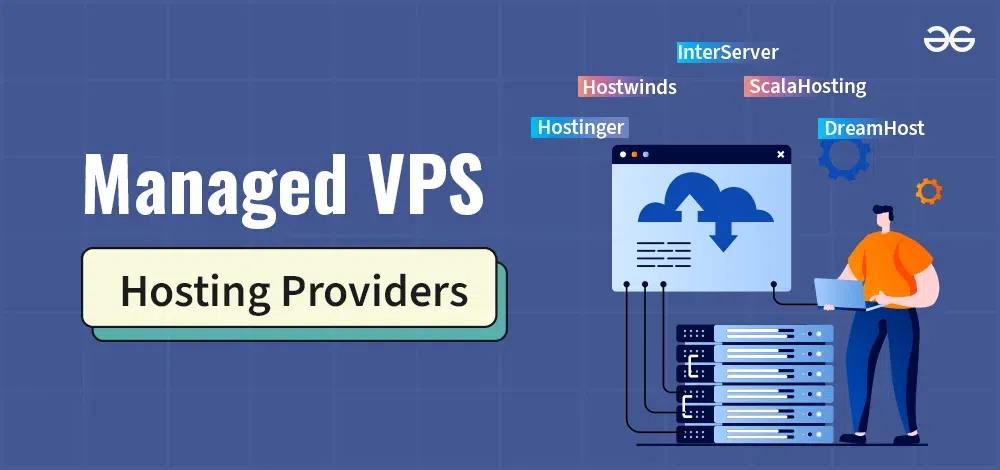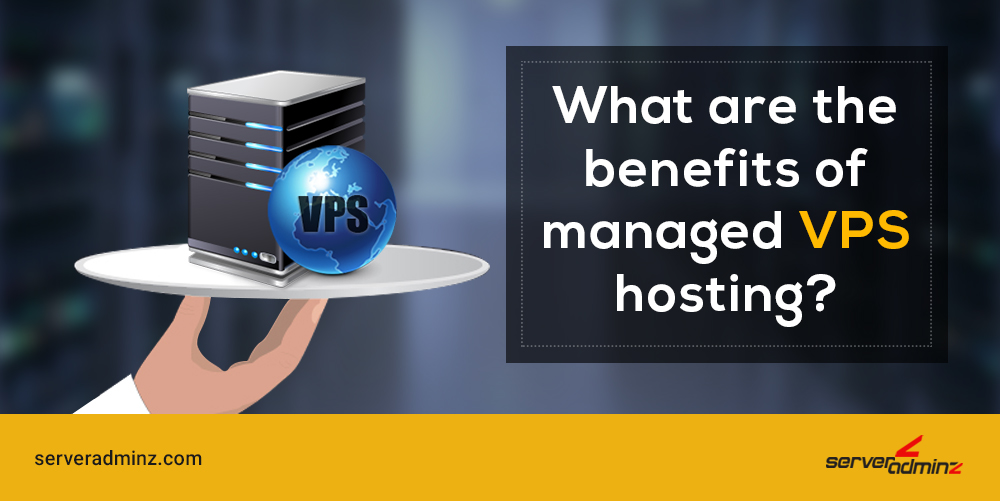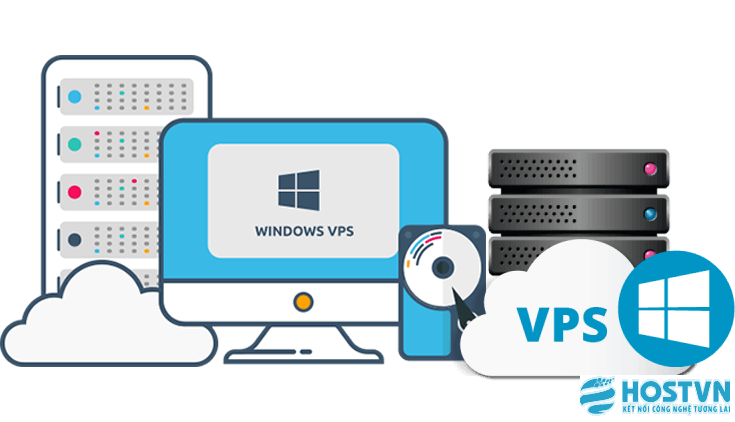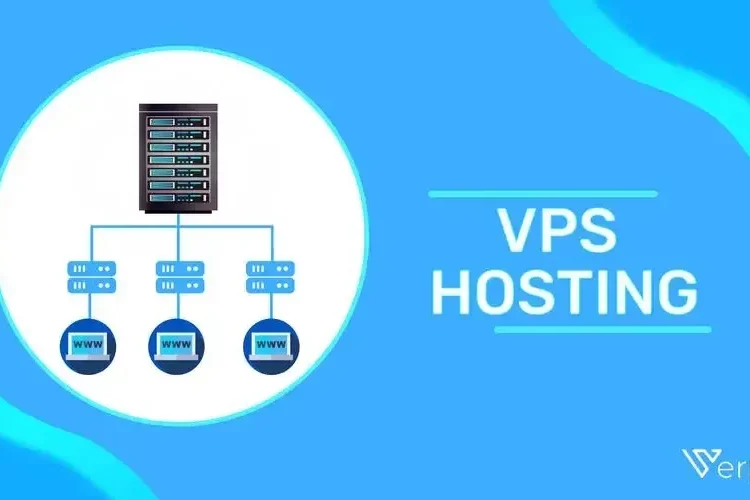Choosing the best domain hosting for WordPress can be a crucial step for bloggers seeking a seamless and efficient platform. Managed WordPress hosting offers a convenient solution by handling updates, security, and performance optimization, freeing up valuable time. While these services often come with a higher price tag, they can significantly enhance your blogging experience. It’s essential to carefully assess your blog’s needs and budget before committing to a managed hosting plan.
Toc
- 1. Understanding WordPress Hosting
- 2. Key Factors to Consider When Choosing the Best Domain Hosting for WordPress
- 3. Top WordPress Hosting Options for Bloggers
- 4. Comparing WordPress Hosting Providers
- 5. Related articles 01:
- 6. Tips for Choosing the Right Domain Hosting for Your Blog
- 7. Related articles 02:
- 8. Transitioning to a New Host
- 9. Frequently Asked Questions
- 10. Conclusion
Understanding WordPress Hosting

When diving into the world of blogging, especially with WordPress, understanding WordPress hosting is fundamental. So, what exactly is it? WordPress hosting is a specialized service tailored to optimize the performance of WordPress websites. Unlike traditional hosting, it comes with features that enhance security, speed, and usability specifically for WordPress users.
Why Choose WordPress Hosting?
Choosing the best domain hosting for WordPress means you get a hosting solution designed to seamlessly integrate with the WordPress platform. Benefits include pre-installed WordPress, automatic updates, advanced security features, and expert support. These perks allow you to focus on creating engaging content instead of wrestling with technical issues.
Types of WordPress Hosting
Understanding the different types of hosting can help you choose the best hosting for WordPress:
- Shared Hosting: The most economical option, shared hosting means your site shares server resources with other websites. This is ideal for personal blogs or small sites with moderate traffic.
- Managed WordPress Hosting: With managed hosting, the hosting company handles all technical aspects—updates, security, and performance tuning—allowing you to focus on content creation. It’s particularly beneficial for those who prefer a hands-off approach.
- VPS Hosting: Virtual Private Server (VPS) hosting offers dedicated resources and better performance than shared hosting. It’s perfect for growing blogs that experience increasing traffic demands.
- Cloud Hosting: This type of hosting distributes your site’s data across multiple servers, ensuring high availability and flexibility. It’s great for sites that need to scale quickly in response to traffic spikes.
- Serverless Hosting: Serverless hosting is a relatively new approach that eliminates the need for server management. With serverless hosting, your website’s code runs in response to events, automatically scaling up or down based on demand. This can be a cost-effective solution for blogs experiencing unpredictable traffic spikes.
Key Factors to Consider When Choosing the Best Domain Hosting for WordPress

1- Speed and Performance
Website speed is a crucial element of user experience and search engine optimization (SEO). Slow-loading sites can frustrate visitors and lead to higher bounce rates. Look for hosts that offer features like SSD storage, caching options, and content delivery networks (CDNs) to ensure your blog zips into view, leaving visitors impressed with its responsiveness. According to a study by Google, a one-second delay in page load time can result in a 7% decrease in conversions. This means that a slow-loading website can significantly impact your blog’s ability to attract visitors, generate leads, and ultimately drive revenue. The best web hosting for WordPress will prioritize speed and provide tools to enhance it.
2- Security
In the digital age, security is non-negotiable. Protecting your blog from cyber threats is essential. Opt for hosts that offer robust security features, including SSL/TLS encryption, regular backups, malware scanning, and DDoS protection. It’s crucial to keep your WordPress core files, themes, and plugins updated regularly. Out-of-date software can create vulnerabilities that hackers exploit. Managed WordPress hosting often includes automatic updates, but it’s essential to stay informed about security patches and update your software promptly. A secure blog is essential for peace of mind, allowing you to focus on creating engaging content without worrying about cyber threats!
3- Scalability
As your blog grows in popularity and content, so will your needs and demands. Choose a hosting provider that offers easy upgrades and scalable plans to accommodate your increasing traffic and storage requirements. This means opting for a service that allows you to seamlessly switch to higher-tier plans or add resources as needed. This foresight will save you from potential headaches and disruptions to your blog’s performance down the line, ensuring your site remains efficient and responsive to all visitors.
4- Customer Support
Technical issues can arise at any time, and when they do, having reliable customer support is vital. Look for hosts that provide 24/7 assistance through multiple channels, such as live chat, email, or phone. The ability to quickly resolve issues can prevent significant downtime and loss of readership. The best hosting company for WordPress will have a responsive and knowledgeable support team ready to help you tackle any problem promptly, making sure your blog runs smoothly without unnecessary interruptions.
5- Pricing
Finding a balance between cost and features is essential when selecting a hosting provider. While affordability is appealing, ensure you’re getting the best value for your money by looking at the overall package. Compare various hosting plans, focusing on included resources like storage, bandwidth, email accounts, and additional features such as security integrations or backup services. You want to ensure that you’re not just going for the cheapest option but rather the best overall hosting solution that meets your needs and supports your blog’s growth and performance requirements effectively.
Top WordPress Hosting Options for Bloggers

Choosing the right provider can make a significant difference in your blogging experience. Here are some of the best WordPress hosting sites to consider:
1- Bluehost
Bluehost is frequently recommended as one of the best hosting for WordPress options. It offers affordable shared hosting plans that include a free domain, SSL certificate, and an easy-to-use website builder. While it might have some performance limitations, it’s an excellent choice for those just starting out.
2- SiteGround
SiteGround is known for its exceptional customer service and advanced security features. Their managed WordPress hosting plans come with automatic updates and optimized performance tools. It’s a fantastic option for growing blogs, ensuring your site runs smoothly even as traffic increases.
3- DreamHost
DreamHost stands out for its reliability and competitive pricing. With a 100% uptime guarantee and managed WordPress hosting plans, it provides peace of mind for bloggers who prioritize consistent performance. It’s also one of the most affordable options available, making it suitable for budget-conscious bloggers.
4- Hostinger
For those looking for budget-friendly options, Hostinger’s VPS hosting plans are impressive. They offer more resources and better performance than traditional shared hosting, making it an excellent choice for bloggers seeking an affordable yet capable solution.
5- Pressable
Pressable focuses on delivering a cloud-based hosting experience designed specifically for WordPress. Their managed hosting plans are tailored for bloggers and small businesses, providing a streamlined and reliable hosting experience with a strong emphasis on speed and security.
Comparing WordPress Hosting Providers

To help you make an informed decision, let’s compare some of the top WordPress hosting providers based on their features, pricing, and target audience.
|
Provider |
Pricing (starting at)
|
Hosting Types |
Key Features |
|---|---|---|---|
|
Bluehost |
$2.95/month |
Shared, Managed |
Free domain, SSL, website builder, user-friendly |
|
SiteGround |
$6.99/month |
Shared, Managed |
Optimized performance, security, 24/7 support |
|
DreamHost |
$2.59/month |
Shared, Managed, VPS |
100% uptime guarantee, reliable performance |
|
Hostinger |
$2.99/month |
Shared, VPS |
Budget-friendly VPS options, more resources |
|
Pressable |
$25/month |
Managed, Cloud |
Cloud-based hosting, focus on speed and security |
Tips for Choosing the Right Domain Hosting for Your Blog

1- Define Your Needs
Before you dive into the world of hosting, assess your blog’s current size, traffic levels, and potential for growth. Consider how many visitors you receive daily, the type of content you publish, and any future plans for expansion. This thorough evaluation will help you determine the hosting resources you need, such as storage, bandwidth, and scalability options.
1. https://cungcapthietbiyte.com/archive/1990/
2. https://cungcapthietbiyte.com/archive/1989/
3. https://cungcapthietbiyte.com/archive/1987/
2- Research and Compare
Take the time to research different hosting providers. Look into what each company offers in terms of features like uptime guarantees, security measures, and technical support. Compare their pricing models to see which fits your budget, and pay attention to any special offers or discounts. Reading customer reviews can also provide insights into the reliability and performance of the hosting services.
3- Read Reviews and Testimonials
User reviews and testimonials can provide valuable insights into the experiences of other bloggers with these hosting providers. Look for trends in feedback, such as recurring technical issues or frequent praise for customer service, to gauge overall satisfaction. This information can be crucial in identifying which providers genuinely meet their users’ needs.
4- Consider a Free Trial
Many hosting providers offer free trials or money-back guarantees. Take advantage of these opportunities to test their services, assess their speed and reliability, and ensure they meet your specific needs before committing long-term. A trial period can also help you familiarize yourself with the provider’s control panel and support options.
5- Ask Questions
Don’t hesitate to reach out to customer support with any inquiries you might have. Their responsiveness and willingness to help can be a significant factor in your decision-making process. Ask about the types of support available, such as live chat, phone support, or email, and verify their availability hours to ensure you can get assistance when needed.
Transitioning to a New Host
Migrating your WordPress blog to a new hosting provider can feel daunting, but it doesn’t have to be! Here’s a simple guide to help you through the process:
1- Backup Your Website
Before making any changes, it’s crucial to create a comprehensive backup of your entire WordPress site. This includes all your content, plugins, themes, and settings. By doing so, you have a safety net that allows you to restore your blog to its original state if anything goes wrong during the migration process. Use reliable backup plugins or services to ensure your data is safe.
2- Choose a Migration Service
Many hosting providers offer free or paid migration services to assist with transferring your site to a new host. Utilizing these services can save you the hassle of manual migration and reduce the risk of errors. Research the migration options provided by your chosen host to select the one that best suits your needs and budget.
3- Update DNS Settings
Once your new hosting account is set up, it’s important to update your domain’s DNS settings to point to the new host. This step is crucial as it directs your blog’s traffic to its new home. Make sure you understand the process or consult your host’s support team for guidance to ensure a smooth transition.
4- Test and Verify
After the migration is complete, thoroughly test your blog to ensure everything is functioning correctly. This includes checking for broken links, missing content, or any other potential issues that could affect the user experience. It’s a good idea to use tools and plugins designed for this purpose to systematically verify your site’s integrity.
5- Redirect Old URLs
To maintain your search engine rankings and ensure a seamless experience for your visitors, set up 301 redirects from your old website URLs to the new ones. This redirection informs search engines that your content has moved permanently, preserving your SEO efforts and guiding users to the correct pages without interruption.
Frequently Asked Questions
Q1: What is the difference between shared hosting and managed WordPress hosting?
Shared hosting is a budget-friendly option where your website shares resources with others. Managed WordPress hosting, however, is tailored specifically for WordPress and includes automated updates, security, and performance optimization.
Q2: How do I choose the right hosting plan for my blog’s needs?
Consider your current and anticipated traffic, storage requirements, and technical expertise. Evaluate the features offered by different providers to select a plan that aligns with your blog’s needs and budget.
Q3: What are the most important security features to look for in a WordPress host?
Look for hosts that provide SSL/TLS encryption, regular backups, malware scanning, and DDoS protection. These features are essential for safeguarding your blog against various cyber threats.
Q4: How can I ensure my blog loads quickly and efficiently?
Choose a host that prioritizes speed, such as those offering features like CDNs and caching. Additionally, optimizing your site’s images and plugins can significantly improve loading times.
Q5: Is it worth investing in managed WordPress hosting for my blog?
Managed WordPress hosting can be advantageous for bloggers who prefer a hassle-free experience, as it alleviates technical burdens. However, while it offers convenience, it can sometimes limit customization options. Some providers might restrict the use of specific plugins or themes, which could affect your blog’s functionality or design. Additionally, managed WordPress hosting plans often come with a higher price tag compared to shared hosting.
Conclusion
Selecting the best domain hosting for WordPress is vital for your blog’s long-term success. By focusing on factors like speed, security, scalability, and customer support, you can find a hosting provider that meets your unique needs. Dive into the options we’ve explored, compare their features, and choose the one that aligns with your blogging goals. With the right hosting solution in place, you can ensure your blog remains fast, secure, and poised to captivate your growing audience. Start your search today and discover the ideal domain hosting for your WordPress blog!











